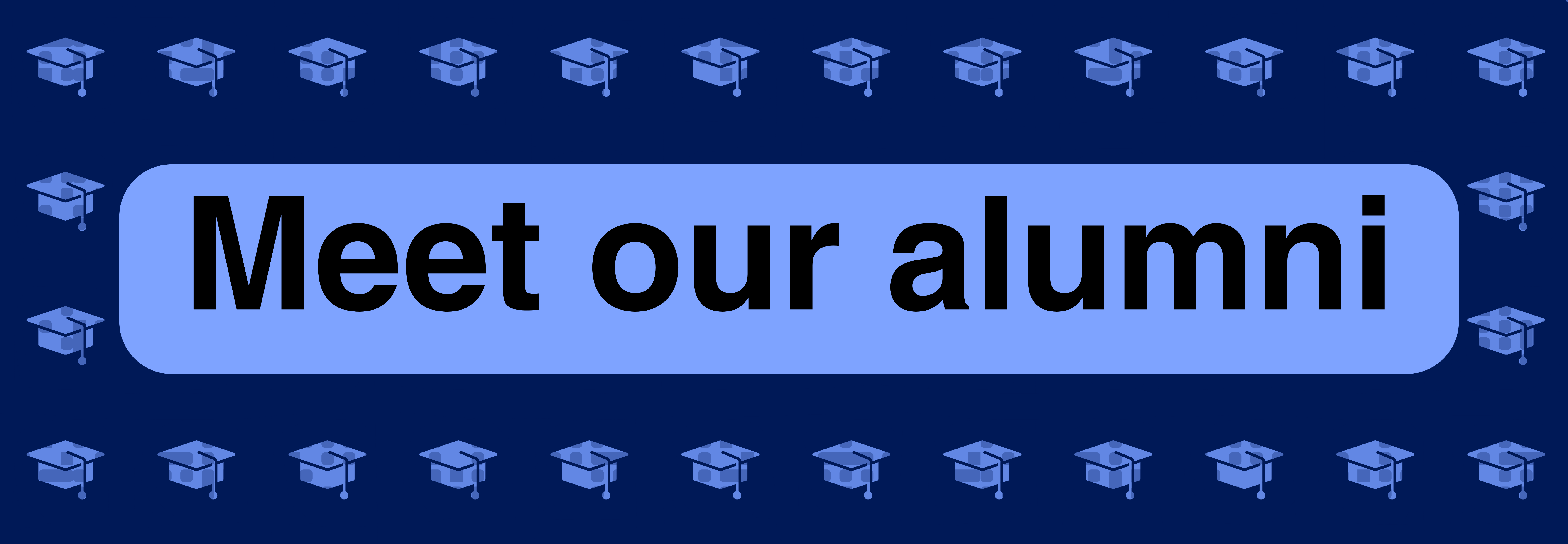Meet our alumni: Yannis Assael
Posted: 8th December 2021
 Yannis is now a staff research scientist at Google DeepMind explains how studying Machine Learning at Oxford helped him strengthen his commitment to contributing and expanding to the greater good
Yannis is now a staff research scientist at Google DeepMind explains how studying Machine Learning at Oxford helped him strengthen his commitment to contributing and expanding to the greater good
What course did you study here and when?
In 2013, I was accepted to study for an MSc in Computer Science, a journey that was made possible with a scholarship from Hellenic Scholarship Foundation. I could observe myself changing and improving week by week, while at the same time, making some lifelong friendships. That course changed me forever. The journey continued across classrooms, college common rooms, and libraries, and I was honoured to receive the Tony Hoare Prize for the best overall performance in my year. I continued for a second master’s at Imperial College London, and I came back to Oxford for a DPhil.
What was your background before that?
I finished my undergraduate diploma at the University of Macedonia, Greece, on a joint degree between Economics and Computer Science. During my studies, I undertook over 50 freelance projects, from websites to mobile applications of TV stations and universities, and participated in a number of small research projects. These activities enabled me to create an engineering and research skill set, obtain some early management experience, and were possibly among the reasons I was given the opportunity to pursue a degree at Oxford University.
What attracted you to studying Computer Science as a subject?
My drive is creativity and to contribute and expand the greater good. From the very first moment I felt that Computer Science could enable one to solve complex problems, automate processes, and as a result, contribute to society on a larger scale, which was also what later led me to Machine Learning.
What aspects of the course you studied here did you particularly enjoy?
During my Master’s, one of the leading academics of Machine Learning had just joined the department, Professor. Nando de Freitas. In Oxford, I took my first Machine Learning course, and I will always remember Nando’s class and how inspired I felt by his teaching. I knew I had a passion for research, but through his courses, I realised that Machine Learning could help me strengthen my commitment to contributing and expanding to the greater good. It was one of the most beautiful gifts one can ever give - the gift of discovering what you enjoy doing the most. So, after graduation, I came back to continue my journey in Oxford for a DPhil in Machine Learning with Nando.
What did you do when you left Oxford?
During my second year studying for my DPhil, Speech Recognition showed enormous potential but was lacking robustness in the presence of background noise. Humans use cues as mouth movement to filter out sounds. Inspired by this, our research solved Audio-Visual Speech Recognition for the first time, surpassing the performance of professionals. The value of our invention was picked up by investors, so we formed a start-up, LipNet. Soon, our research team joined Google DeepMind. Today, I am a Staff Research Scientist, and I use Machine Learning to address some of the most intriguing challenges in science and humanities.
How has the course you studied here helped you in your current career?
During my studies at Oxford, I had the opportunity to interact with some of the world’s leading academics in a plethora of fields and learn from their teaching, research, and ethics. At the same time, with my classmates and colleagues, I learnt how to collaborate as a team and to enjoy working towards a novel common goal. But, most importantly, the dreaming spires of Oxford and my friends made me realise that the quintessential part is not the academic knowledge but the feeling that, after Oxford, you can pretty much do everything.
What advice would you give to current students on applying their knowledge in the workplace, when they leave university?
My early research focused on how intelligent agents can learn to communicate and collaborate. Then in my second year, I started working on speech, which later led me to join DeepMind. In my early days at DeepMind, I would visit Oxford quite often. During lunch, I was discussing with a friend of mine doing a DPhil in Ancient History. She was describing to me some of the most difficult challenges in her field. My area of research was far from Ancient History, but immediately we saw the cooperative potential. After a few years of work, we managed to design a model for restoring ancient texts and placing them in their original place and time of writing using Machine Learning. In March, this work was on the cover of Nature. I have two messages to share with current students: taking on challenges and adapting quickly to different circumstances helped me pursue my dreams; at the same time being a student at such a reputable university allowed me to reach out to people, and open doors I had never imagined.
What would the student you have thought about what you are currently doing – would you have been surprised, proud, amazed?
This beautiful journey was much beyond my dreams when I was first offered a place at Oxford. I feel sincere gratitude to every day in Oxford for shaping the person I am today and providing me with a solid background able to take on any challenge while enjoying the beauty of collaboration and creativity. Most importantly, as the song says, we all get by with a little help from our friends (and supervisors), and I could not feel more thankful to them.
